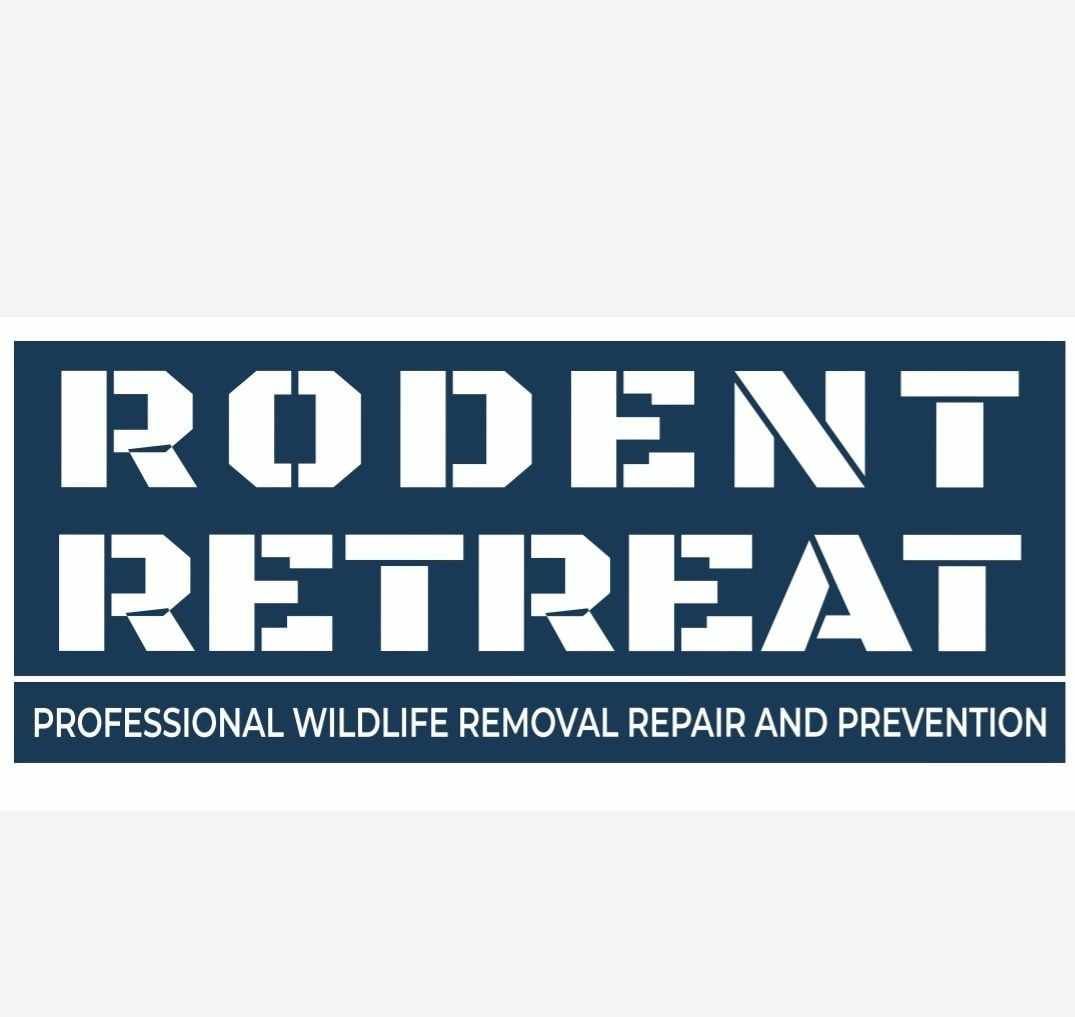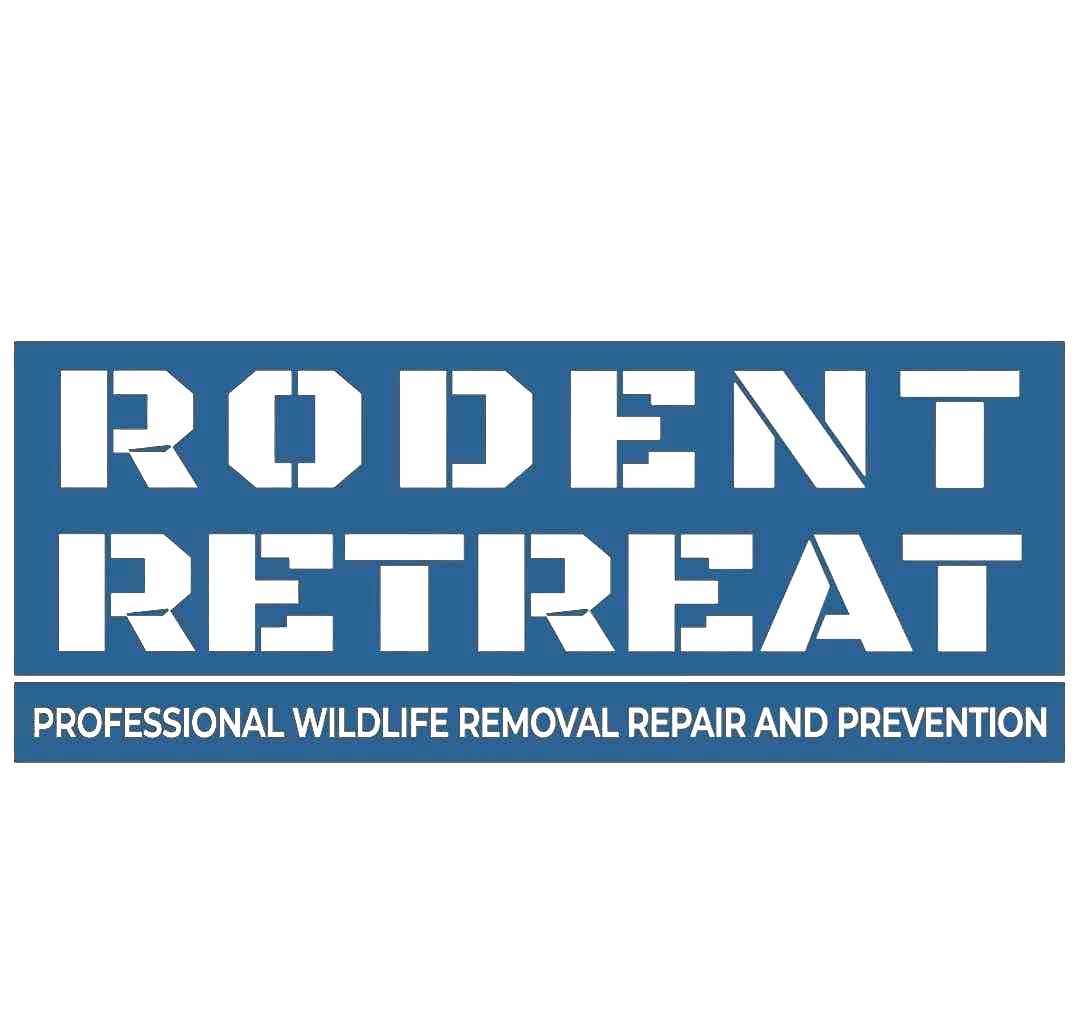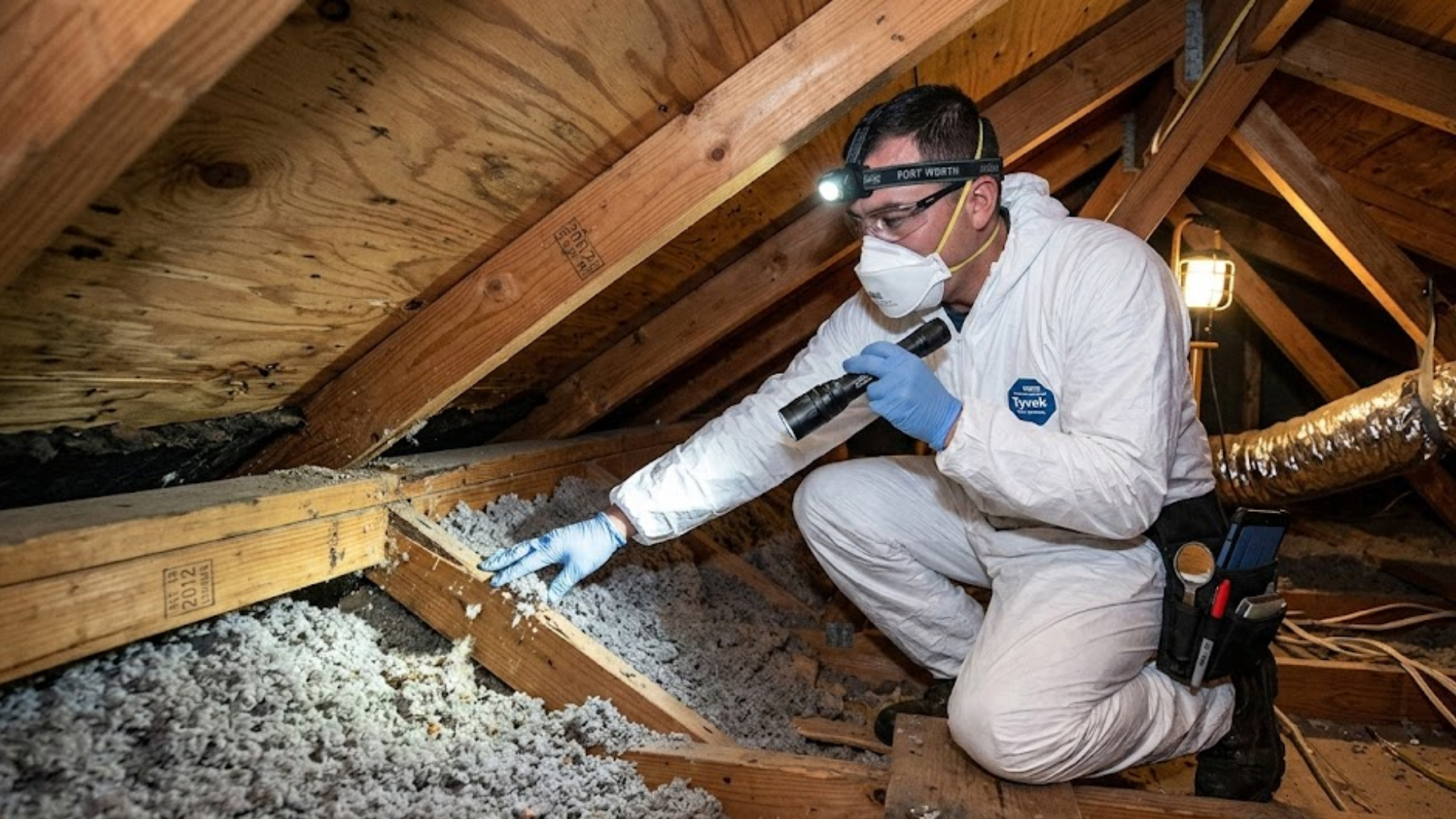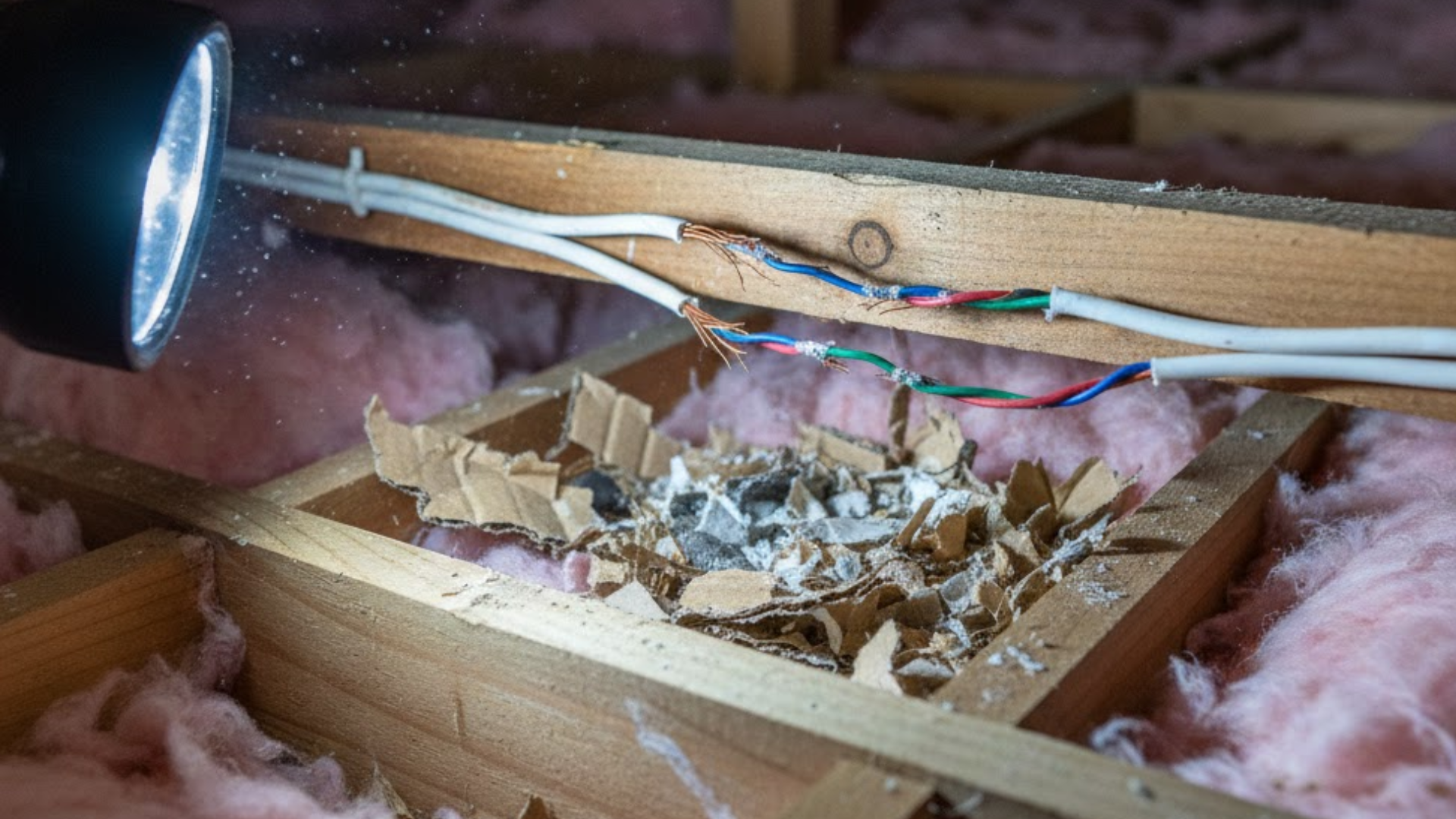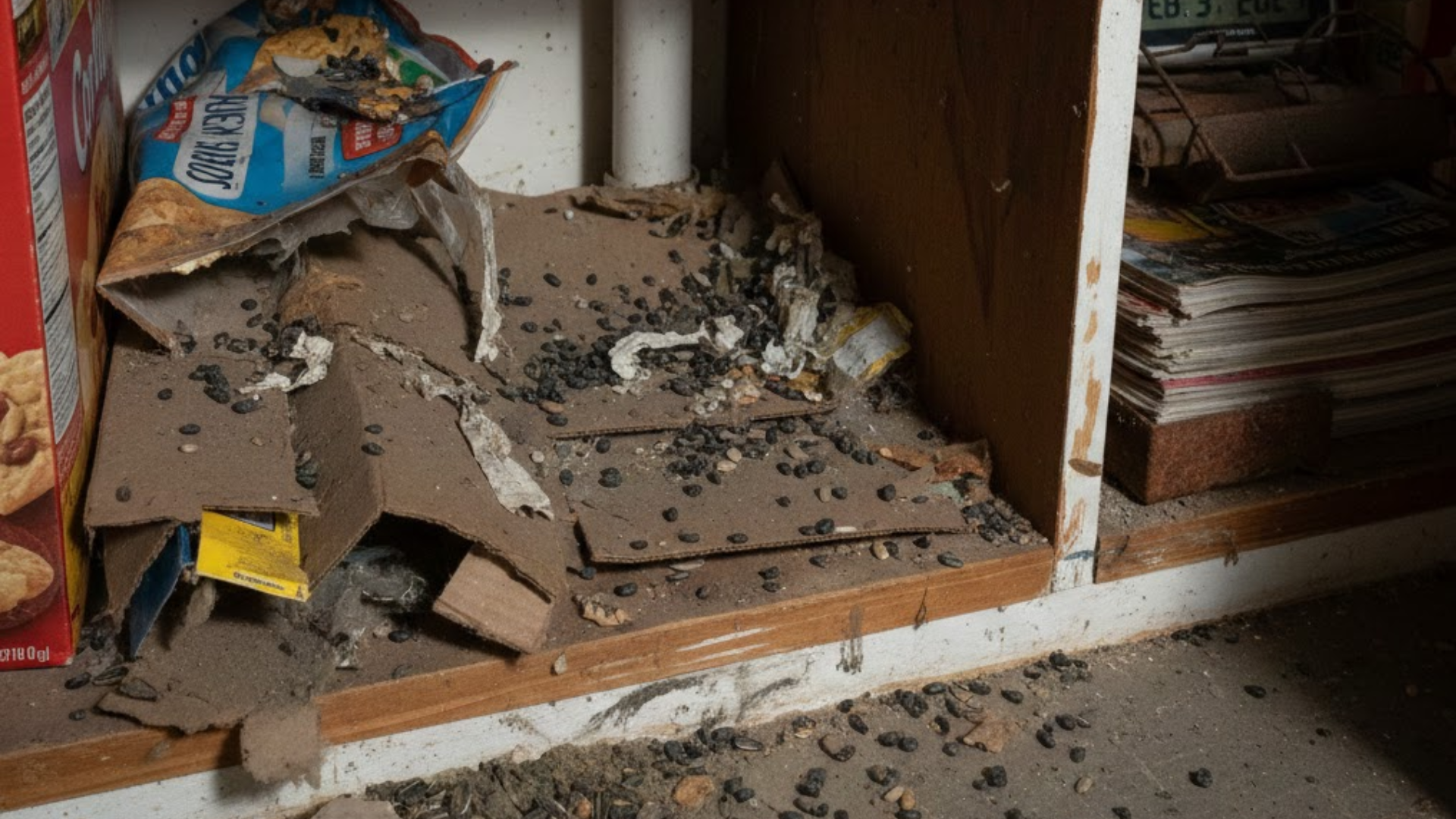Expert Raccoon Removal: Understanding Raccoons
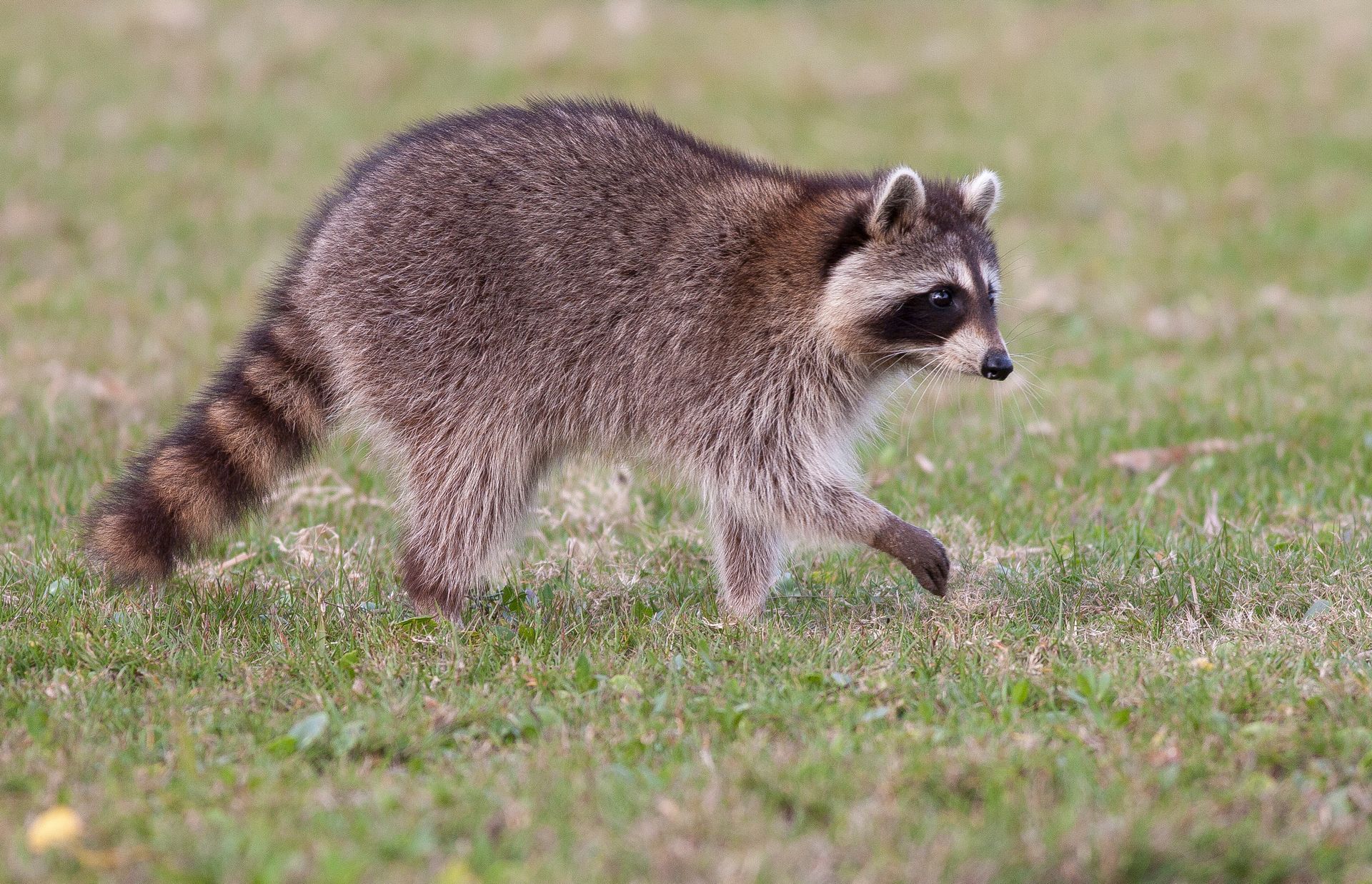
When it comes to wildlife in Texas, few animals are as iconic and notorious as the raccoon. These clever and resourceful mammals are common in both rural and urban areas, often creating a need for professional raccoon removal Texas services, especially in larger Texas cities like Houston, Dallas, and San Antonio. In this blog post, we’ll explore raccoon behavior, why raccoon removal in Texas is essential, and how they interact with the broader Texas wildlife ecosystem. We’ll also look at how services like Rodent Retreat help manage raccoon populations to keep homes and properties safe.
Raccoons: The Masked Bandits Of Texas
Raccoons, known for their distinctive black mask and bushy tail with alternating rings, are medium-sized mammals that thrive across various environments in Texas. From woodlands and swamps to suburban backyards, raccoons have adapted well to urbanization, making them a familiar sight even in densely populated areas.
These nocturnal creatures are omnivores, meaning their diet consists of plants, insects, and small animals. Their diet flexibility contributes to their adaptability, allowing them to survive in diverse habitats. Raccoons are also scavengers, meaning they can often be found rummaging through trash cans, pet food bowls, and even breaking into attics or garages in search of food. This behavior frequently brings them into conflict with humans, creating the need for raccoon removal in Texas.
The Need For Raccoon Removal In Texas
Raccoons are highly intelligent animals, and their dexterity makes them quite a challenge to deter. Their ability to open containers, manipulate objects, and even climb buildings can lead to property damage. While raccoons may seem harmless, they can pose significant risks to homes and families if they invade living spaces.
Property Damage
One of the primary concerns with raccoon infestations is property damage. Raccoons can chew through shingles, tear up insulation, and damage wiring as they attempt to enter homes. This can be particularly problematic in Texas, where extreme weather conditions can exacerbate these problems. Gaps in a home’s exterior can make it more vulnerable to the elements, not to mention pests like raccoons.
Disease Transmission
Raccoons are also known carriers of diseases, including rabies and leptospirosis, both of which can be transmitted to humans and pets. Raccoon roundworm is another serious concern, especially if raccoons defecate in areas where humans may come into contact with contaminated soil or surfaces. This makes prompt raccoon removal essential for keeping homes safe.
Nuisance Behavior
Beyond disease and property damage, raccoons can simply be a nuisance. Their loud chattering, scratching, and thumping during the night can be disruptive to sleep. Raccoons in urban areas can also create messes by tipping over garbage cans, scattering trash, and even stealing pet food.
Texas Wildlife: Raccoons And Their Neighbors
Raccoons may be one of the more recognizable animals in Texas, but they’re far from alone. Texas boasts an incredibly diverse range of wildlife, thanks to its vast size and varying ecosystems. From arid deserts to humid swamps and coastal plains, the state is home to a wide array of creatures, some of which share similar habitats with raccoons.
Armadillos
Armadillos, another frequent resident of Texas, share a few behavioral traits with raccoons, such as their nocturnal scavenging habits. While armadillos are not known to cause the same level of destruction as raccoons, they can still dig up lawns and gardens in search of food. Both raccoons and armadillos benefit from the state’s warm climate and abundance of food sources.
Coyotes
Coyotes are natural predators of raccoons in Texas, helping to keep their populations in check. However, coyotes are themselves becoming a more common sight in suburban and urban areas, increasing the complexity of wildlife management. In rural areas, coyotes play an important role in balancing the ecosystem, but in cities, they can pose a threat to pets, just like raccoons.
Skunks
Skunks and raccoons often share the same territories, and they both are opportunistic feeders. Skunks can also carry rabies and other diseases, similar to raccoons. The presence of both these animals in urban settings increases the risk of wildlife conflicts, further emphasizing the importance of professional wildlife removal services in Texas.
Opossums
Opossums are one of Texas's more unusual creatures, but like raccoons, they are often spotted rummaging through trash and hiding in attics. While opossums are less destructive than raccoons, their presence can still lead to similar problems if they decide to take up residence in or around homes.
Snakes
Raccoons share the Texas landscape with a variety of snake species. In some instances, raccoons can help control snake populations by preying on smaller, nonvenomous snakes. However, raccoons may also disturb natural habitats, which can inadvertently lead to increased snake encounters for humans.
Raccoon Removal: What To Expect From Professional Services
When it comes to removing raccoons from your property, professional wildlife control services like Rodent Retreat can be invaluable. Not only do they have the expertise to safely and humanely remove raccoons, but they also have the tools to prevent future infestations. See more on Top Tips For Mice Removal: Ultimate Guide.
Inspection And Assessment
The first step in raccoon removal is a thorough inspection of the property to identify where raccoons are entering and nesting. Raccoons are particularly adept at finding weak spots in roofs, attics, and garages, so this assessment is crucial for determining how to address the problem.
Humane Trapping
Once the entry points have been identified, professional wildlife removal experts will often use humane traps to capture the raccoons. It’s important to remember that raccoons are protected under state law, so removal must be handled in a way that complies with Texas wildlife regulations.
Repair And Exclusion
After the raccoons have been removed, it’s essential to seal up any entry points they used to prevent them from returning. Wildlife control companies can repair damage caused by raccoons and install deterrents such as mesh, metal flashing, or chimney caps to prevent future invasions.
Cleanup And Sanitization
Since raccoons can carry diseases, it’s critical to clean and sanitize any areas they may have contaminated. Wildlife removal services often offer decontamination treatments that eliminate odors and reduce the risk of disease transmission.
Preventing Raccoon Problems In The Future
Once raccoons have been removed from a property, it’s essential to take preventive measures to avoid future issues. Here are some tips for keeping raccoons—and other Texas wildlife—out of your home:
- Secure Trash Cans: Use raccoon-proof trash cans with locking lids, or store trash in a secure location such as a garage until pick-up day.
- Feed Pets Indoors: Leaving pet food outside can attract not only raccoons but also other wildlife such as skunks, opossums, and coyotes.
- Close Off Entry Points: Ensure that attics, chimneys, crawlspaces, and garages are sealed tightly with no gaps for raccoons to squeeze through.
- Install Motion-Activated Lights: Raccoons are nocturnal and may be deterred by bright lights or motion-activated alarms.
- Trim Trees and Shrubs: Raccoons are skilled climbers and may use tree branches to access roofs or upper windows. Trimming back trees can help reduce this risk.
Conclusion
Raccoons may be fascinating creatures, but they can also cause a significant amount of trouble when they encroach on human spaces. In Texas, where diverse wildlife thrives, managing raccoon populations through professional raccoon removal services like Rodent Retreat is essential. By understanding the behaviors of raccoons and taking preventive measures, homeowners can protect their properties and families from the problems raccoons and other wildlife may bring. Contact our team today!
